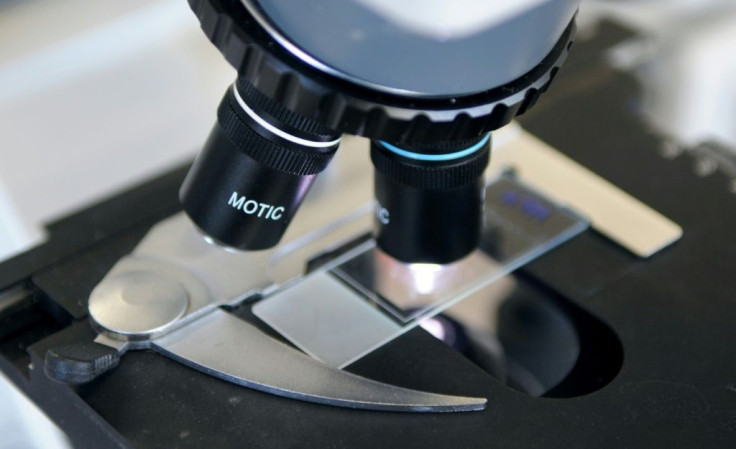Cancer Can Be Contagious Through Gut Bacteria, New Theory Suggests

KEY POINTS
- New study argues noncommunicable disease may be contagious
- The gut microbiome can pass diseases like cancer, obesity
- Researchers suggest that people can pass gut microbe
The bacteria living in our guts play a role in various health conditions like obesity, inflammatory bowel disease, and even cancer, which are termed as noncommunicable diseases. However, a new paper suggests that these diseases can transfer from one body to another through microbiomes.
Scientists explain the microbiome as a community of bacteria, fungi, and viruses. There are close to 100 trillion microbes in the microbiome and most of them live in our gut.
According to a paper published in the journal Science, diseases usually regarded noncommunicable can skitter between patients through gut microbes. The microbiomes when going out of balance can affect the body with conditions like cardiovascular diseases and obesity.
It is quite difficult to prove that gut bacteria transferring among patients can trigger these noncommunicable diseases. However, Brett Finlay, co-author of the paper and microbiologist at the University of British Columbia, stated if the theory presented in the paper is correct, it would open a new door to disease research that scientists can study.
According to Finlay, the bacteria in the gut help it digest food, extract nutrients and strengthen the immune system. The gut and whatever lives there are shaped by where we live, what we eat and how we interact with the environment. As a matter of fact, people we interact with, also play a role. The study indicates that spouses have similar gut microorganisms than siblings who live away.
Meanwhile, according to a Gizmodo report, studies have discovered that, in animals, if the gut microbiomes of healthy mice are removed and replaced with one from obese mice, the former mice are expected to become obese. If the microbiomes of sick mice are altered with healthy mice, there have been results of the slow progression of obesity, heart disease and even, Alzheimer’s.
Finlay told Discover Magazine that it all adds up. “The best preventative strategies for noncommunicable diseases are diet and exercise. And what else do [diet and exercise] do? Drastically change your microbes,” Finlay said.
However, Finlay believes that this theory needs more work and it would be unethical to interchange disease-causing microbiome between humans.
© Copyright IBTimes 2025. All rights reserved.





















